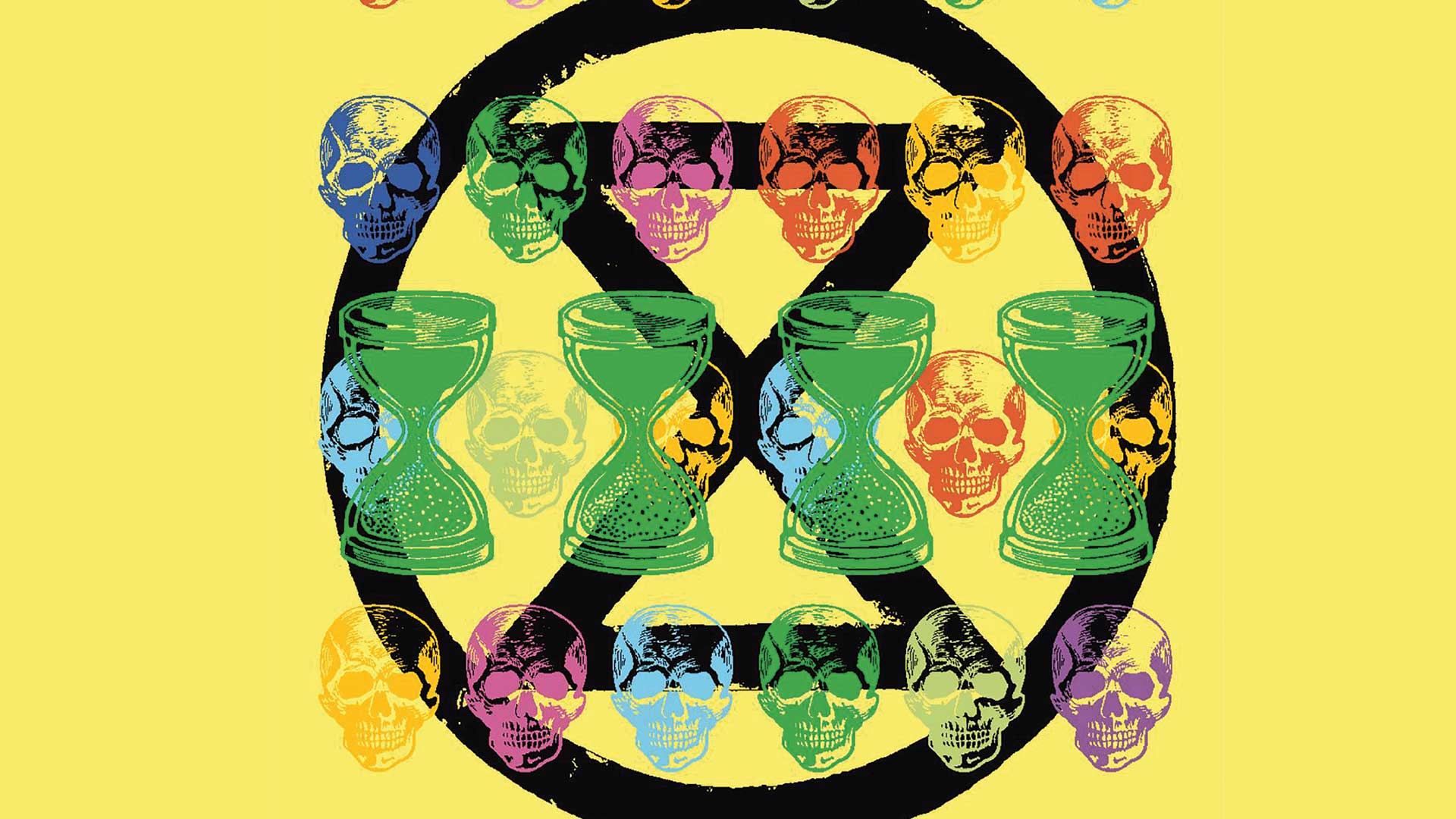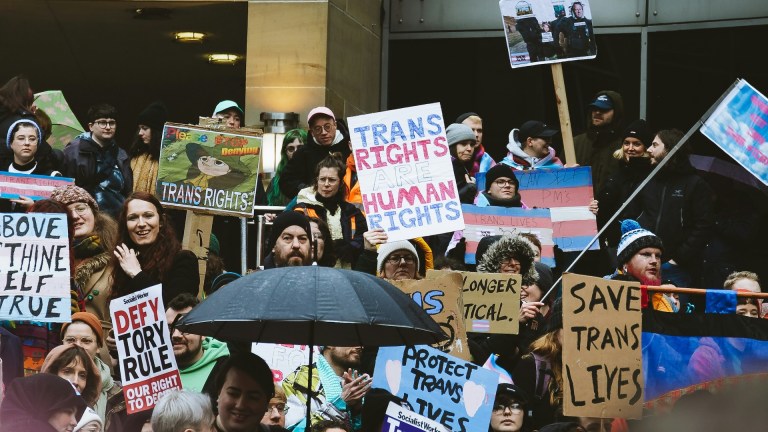Ever since the first mass demonstrations in London in April this year, Extinction Rebellion (XR) has been labelled anarchist. The branding is not, of course, intended as a compliment. Opponents are not interested in looking at XR’s principles but in outlawing it. One of the aims of XR is to challenge power hierarchies, but its detractors claim to see only scheming Svengali-like leaders, wolves in sheep’s clothing, manipulating hapless demonstrators to raise revolution. Bizarrely, one leading ‘terrorism expert’ claimed that XR organisers pretend to be interested in climate change and global warming; their real aim is to destroy capitalism and democracy.
Faced with the accusation of ‘anarchism’, XR spokespeople are forced to disown the label. They are then compelled to field questions that distract us from core arguments about climate change and the emergency that XR is calling on government to declare.
The equation of anarchism with ‘extremism’, which XR’s critics want to bolster in public debate, is deeply troubling
It is not surprising that some XR activists have vigorously denied the charge that they are anarchists. While understandable, this reaction in effect reinforces the stereotype of the anarchist as hooligan and it will not stop their opponents from laying it at XR’s door. Their refutation of anarchism, and the taint of violence and destruction that accompanies it, is meant as a reply to insinuations, but these are never fully elaborated or properly scrutinised. This leaves claims about XR’s ‘real’ agenda, (and by implication, its hidden agendas), hanging in the air.
So what is anarchism? First and foremost, it’s about self-government or, in today’s parlance, ‘taking back control’. The big difference between the concept as bandied about by populist MPs and the idea embraced by anarchists is that the latter make no attempt to distinguish between honest and untrustworthy representatives to ensure that policy is set by the ‘right’ people. They don’t want other people routinely to make decisions on anybody else’s behalf or for their good: does my MP really know what’s best for me? If I happen to disagree fundamentally with my neighbour on an important issue like climate change, how on earth can our MP represent both our views?
Anarchists propose that decisions are taken directly by those affected by them and that disagreements are negotiated through consensus. They believe it’s no good searching for great men or women to solve our problems. And competitive winner-takes-all systems of majority rule are divisive and often domineering. Anarchists argue that each of us is responsible for the problems we share and that the best means to address them is co-operation. Austerity politicians have insisted there’s no magic money tree. Anarchists say that there’s no miraculous decision tree. Government seems suddenly to have found the money tree, but there’s no comparable duplicity in the anarchist position: they have never lied about it.
Anarchy – the ‘government of no one’ – is actually the government of everyone. Is it utopian? Yes, in the sense that it imagines the possibility of changing our political practices and perspectives. No, if utopian is taken to mean ‘impossible’. XR propose setting up citizens’ assemblies to enable randomly selected groups of individuals to draft recommendations following critical examination of expert advice. Anarchists highlight other democratic grass-roots experiments, too: Argentina’s horizontal community-building initiatives; participatory budgeting processes adopted in São Paulo and elsewhere; Iceland’s crowd-sourced constitution and the Catalan independence referendum. These projects show that people are perfectly capable of looking after their own affairs without waiting on officials to organise things for them. In UK Brexit politics we’re being encouraged to be optimistic about the ability of one pushy man to deliver radical change. If we’re sprinkling fairy dust, why not be a little more ‘utopian’ about the potential of our collective endeavours?









